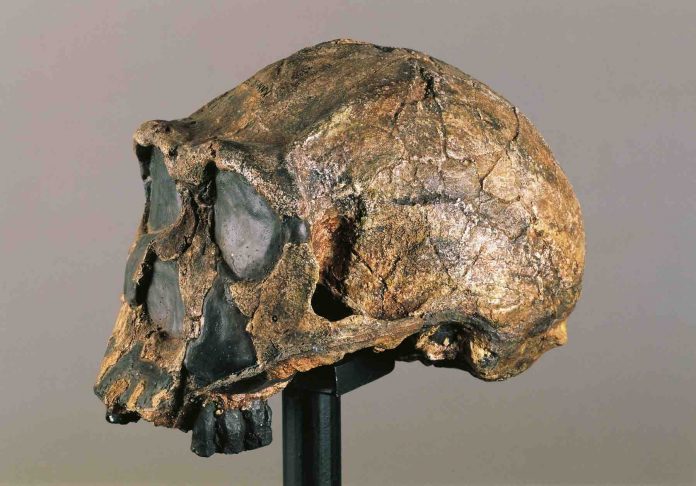Scientists have found evidence for a mysterious “ghost population” of ancient humans that lived in Africa about half a million years ago and whose genes live on in people today.
Reported in the journal Science Advances today, researchers from the University of California, Los Angeles’ School of Medicine looked to find segments of archaic ancestry within the genomes of over 400 people from four West African populations from the 1,000 Genomes Project, including the Yoruba and Mende populations.
Using a computer-modeling technique, they found that between 2 and 19 percent of their genetic ancestry was derived from an unaccounted-for source, creating the big question: “who” was this?
The researchers argue the best bet is that the genes of an unknown hominin entered the gene pool through introgression, the flow of genes that occurs when members of two populations mate and the resulting hybrid individuals then breed with members of the parent populations. It’s perfectly feasible that the hominin in question could even be a whole new species of early human, say the researchers, whose ancestors most likely split off from the human family tree before the ancestors of Neanderthals and Denisovans.
We know humans widely reproduced with both Neanderthals and Denisovans, and a small but significant amount of their DNA can still be found in most European and East Asian populations, respectively. Furthermore, a study released last month showed for the first time that around 0.3 percent of Africans’ genomes contain Neanderthal ancestry.
However, the unexplainable DNA found in the people currently living in West Africa does not match up with Neanderthals nor Denisovans. Considering these two hominins didn’t even knowingly step foot in Africa, that’s not surprising, although it does remain to be seen “who” this species is.
Perhaps surprisingly, other missing “ghost” hominins have been found before in the genetics of modern-day humans. Whole-genome analysis of DNA taken from people living on the Andaman Islands in Southeast Asia also found a sizable number of genes that didn’t seem to be derived from Neanderthals, Denisovans, or Homo sapiens (us).








